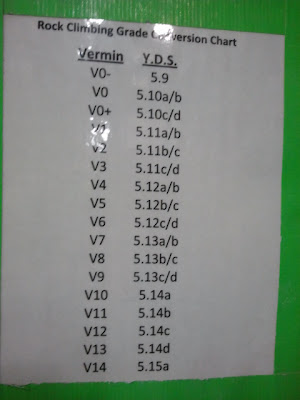Comcast bufferbloat in San Francisco
My ISP, Comcast, is sucking big red hairy balls today in San Francisco. Bufferbloat issues to the max. Here are my netalyzr results of relevance. Is your ISP sucking as bad as mine? Try out netalyzr yourself. Let me know what you get for this metric. I will note that ITU-T G.114 recommends a maximum of a 150 ms and that > 400 ms is completely unacceptable. If you get worse results then expect VoIP to suck. Not only is my uplink sucking though but also my downlink!
I am also not downloading anything except just streaming Pandora 24x7 here, and I pay for this service. Because of this, this issue is more severe as capacity seems to be throttled by something else, and I can only blame Comcast right now for that. Curious what others see. Would be nice if we had graphs of this by regions. I'd like to thank Jim Gettys for educating people on this severe issue, Bufferbloat.

I am also not downloading anything except just streaming Pandora 24x7 here, and I pay for this service. Because of this, this issue is more severe as capacity seems to be throttled by something else, and I can only blame Comcast right now for that. Curious what others see. Would be nice if we had graphs of this by regions. I'd like to thank Jim Gettys for educating people on this severe issue, Bufferbloat.
Network buffer measurements (?): Uplink 1000 ms, Downlink 610 ms
We estimate your uplink as having 1000 msec of buffering. This is quite high, and you may experience substantial disruption to your network performance when performing interactive tasks such as web-surfing while simultaneously conducting large uploads. With such a buffer, real-time applications such as games or audio chat can work quite poorly when conducting large uploads at the same time.
We estimate your downlink as having 610 msec of buffering. This level can in some situations prove somewhat high, and you may experience degraded performance when performing interactive tasks such as web-surfing while simultaneously conducting large downloads. Real-time applications, such as games or audio chat, may also work poorly when conducting large downloads at the same time.


Comments